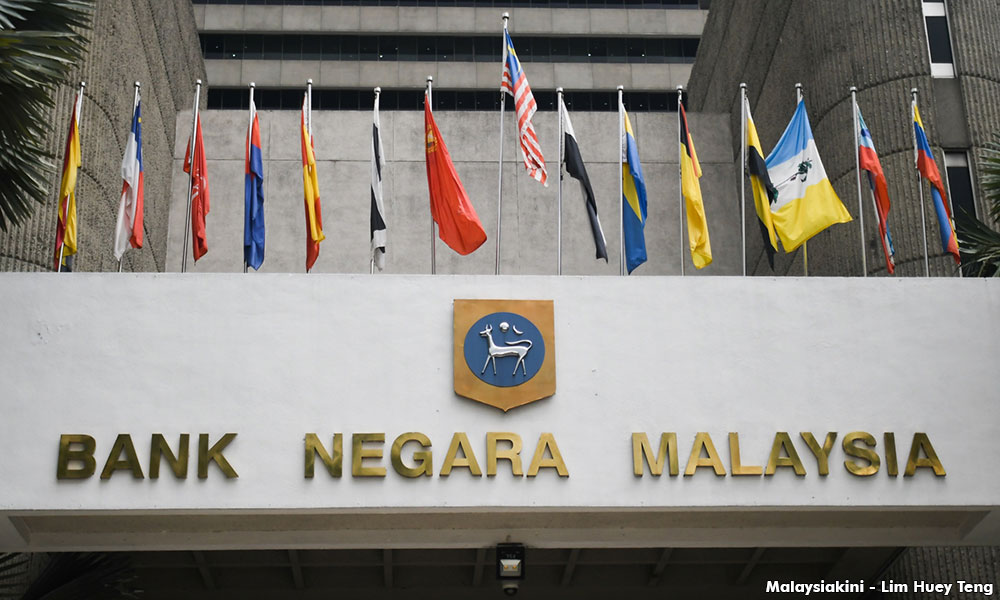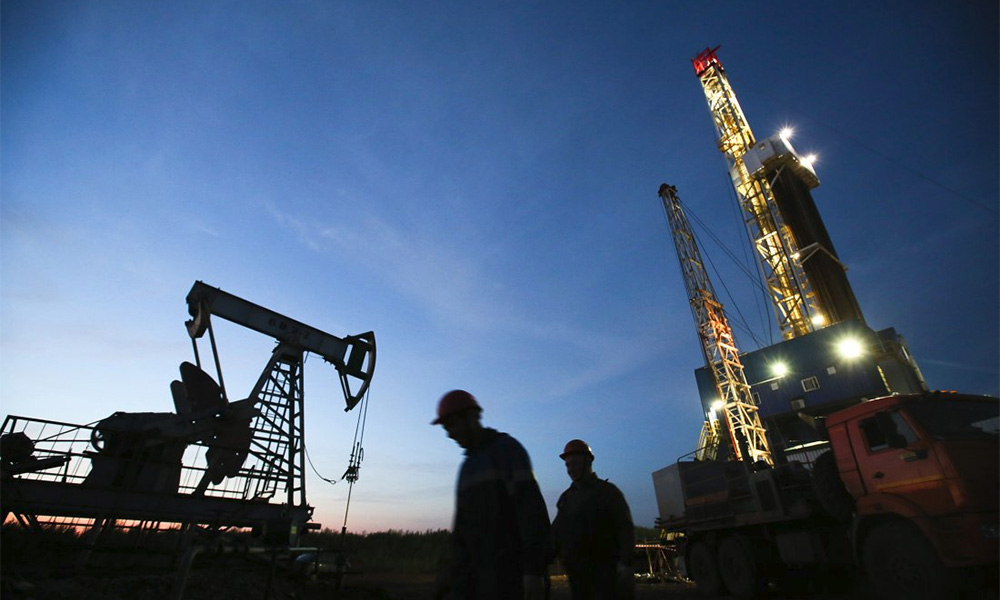The Malaysian economy has been affirmed as stable by rating agencies, while the ringgit is getting stronger and is expected to continue to rise further, Najib Abdul Razak said today.
The prime minister said claims that the country would go bankrupt due to its debts and the ringgit depreciation were merely an economic sabotage.
"Our situation is constantly monitored by rating agencies. We have Moody's, Fitch (Ratings), the IMF (International Monetary Fund), the World Bank who come periodically to Malaysia.
"They will look at everything. From their detailed investigation, they are still affirming Malaysia's A- rating and stable outlook.
“It means that we are in Group A countries," he said in an interview on the "Bicara Empat Mata” programme conducted by TV host Aznil Nawawi, which was aired on TheRakyat portal, RTM and TV3 tonight.
Najib, who is also the finance minister, contended that if Malaysia were to go bankrupt Group B and C countries would go under earlier than that of Group A.

“So, there were no signs that we would go bankrupt, and our reserves are much larger than the reserves during the Asian financial crisis in 1997. At that time, our reserves stood at about US$20 billion. Now it’s over US$100 billion – five times more than the situation then.
"Why was there then no story about Malaysia going bankrupt? It should have happened at that time since our currency plunged, many companies went bankrupt, why did it did not surface then? This is because it is actually a political game.
“This is (merely) an element of economic sabotage, if your purpose is to bring down the government, erode people's confidence in the government or incite hatred," the prime minister said.
On the depreciation of the ringgit and the possibility of the currency being pegged again, Najib said the ringgit could not be pegged as such action would cause investors and world markets to lose confidence in the country.
"In fact, if we were to tie up and peg the ringgit artificially (like before), it will take a long time to restore the world market confidence in us. So, we lose a lot of investment, as well as market confidence in us.
“So, that is why we have said that we will not peg the ringgit. Let's make sure our fundamentals are strong. If our economic fundamentals are strong, over time the ringgit will reflect its real value," he said.
The prime minister cited two factors beyond the control of the government that had affected the ringgit, firstly, the policies adopted by developed countries, especially the US, in terms of their interest rates, and secondly, slumping oil prices.

“When their interest rates rise, money or capital will flow from emerging economies to developed countries.
“Alhamdulillah, for the past one or two months, the ringgit became stronger. Many quarters are saying it will continue to gain strength," he added.
The ringgit began trading in 2017 lower, opening at 4.4900/4.950 against the US dollar on Jan 3, 2017. On Dec 29, 2017, the local unit ended the trading day of the year at its highest level of 4.0440/4.0500 against the greenback from 4.4845/4.4875 on Dec 30, 2016.
On GST, Najib said it was a very progressive tax system currently being used by 165 countries.
Most recently, India and Gulf countries have joined the list of countries implementing the GST.
“If there is no GST, we are forced to use SST (Sales and Services Tax). We will not have enough to cover the country's expenditure.
“When oil prices dropped from US$110 (RM443) to US$30 (RM121) a barrel, Malaysia as an economy, should have fallen into recession, but we held our own.
"When there is a recession, the economy will contract. When the economy contracts, people will be retrenched, business opportunities will dwindle, people will suffer and so on, instead lives go on as usual, there is no effect (on the economy).
“Despite plunging oil prices, we still did not dismiss civil servants, the government’s spending went on as usual even though there was a slight reduction. But in general, people were not affected by falling oil and commodity prices," he said.
- Bernama

